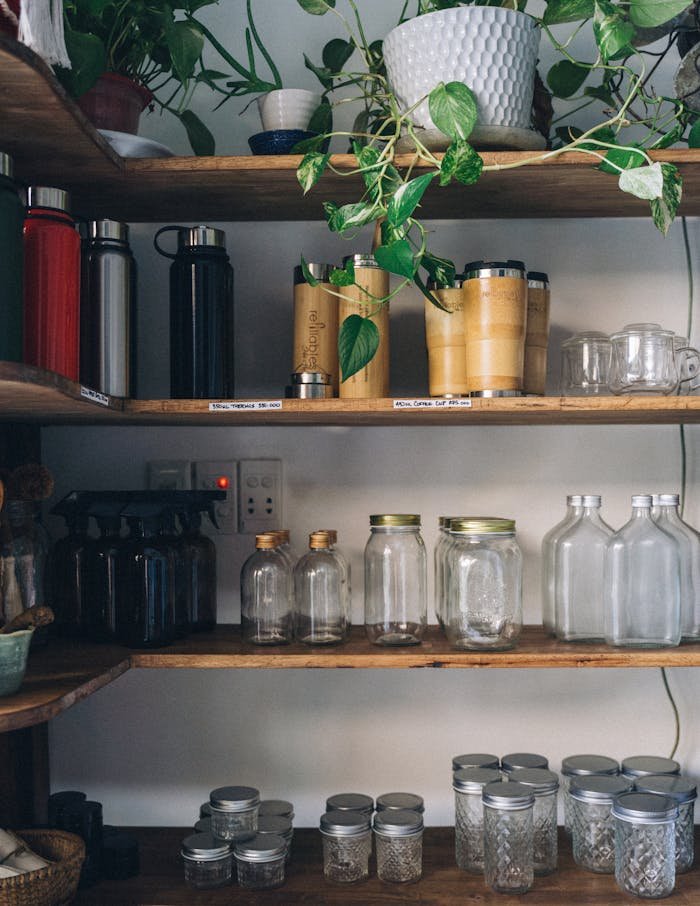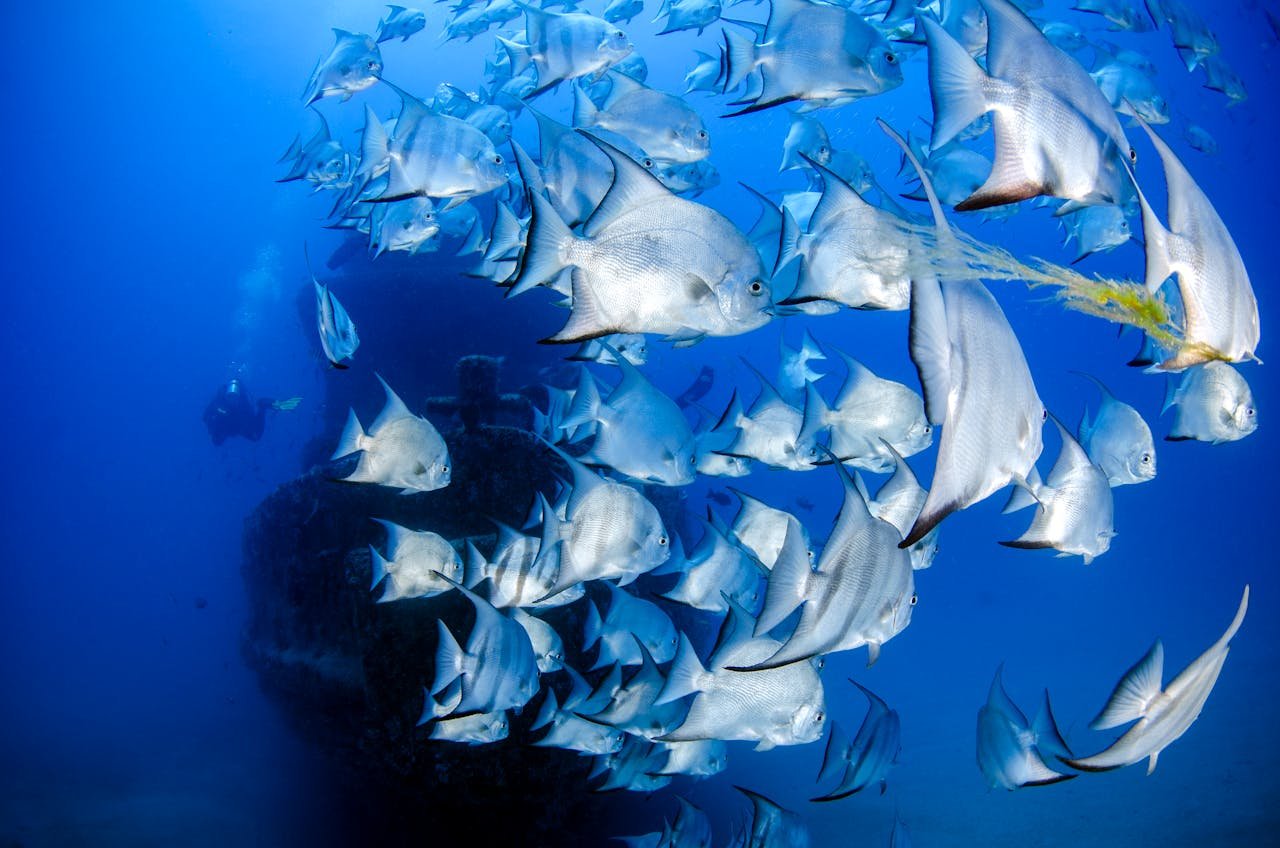Sustainability is no longer a buzzword—it’s the future of how we consume and produce. As we become more conscious of our planet’s needs, brands and consumers are shifting towards eco-friendly practices. From biodegradable packaging to the rise of refill stations, the future is looking greener than ever! Let’s take a look at the emerging trends in the sustainability sector that are set to change the way we shop and live. 👇
1. Refillable and Zero-Waste Products ♻️
Refillable products are becoming more accessible, offering consumers the chance to reduce waste by reusing containers for items such as cleaning supplies, personal care, and even groceries. Brands like Fill Refill Co and The Refill Coalition are already making strides in this space, encouraging consumers to cut down on plastic usage.
– Why It’s Important: Refillables help reduce single-use plastic waste, lower your carbon footprint, and minimize the demand for raw materials. This trend supports the shift towards a circular economy, where products are designed for reuse.
– Fun Fact: According to a recent report, the refillable beauty industry is predicted to grow by 65% by 2030!
2. Biodegradable and Compostable Packaging 🍃
Plastic-free packaging is evolving, with biodegradable materials like mushroom-based packaging, seaweed wraps, and compostable plastics taking the lead. These options not only break down faster but also prevent harmful microplastics from entering the environment.
– Why It’s Important: As single-use plastics are being phased out, businesses are turning to compostable alternatives, drastically reducing landfill waste. 🌍
– Brands to Watch: Companies like Notpla and Vegware are making headlines with their innovative, plant-based packaging solutions.
3. Sustainable Fashion Revolution 👗♻️
Fast fashion’s environmental toll has sparked the rise of slow, ethical fashion. Brands are now focusing on organic fabrics, natural dyes, and transparent supply chains. Consumers are also embracing the idea of renting clothes, reducing textile waste.
– Why It’s Important: The fashion industry is one of the largest polluters globally. Sustainable fashion aims to lower its environmental impact through eco-friendly materials and ethical production.
– Emerging Trend: Companies like Nu Wardrobe and Hurr Collective offer fashion rentals, allowing consumers to stay stylish without over-consuming.
4. Plant-Based Everything 🌿
The plant-based movement is expanding beyond food to include everything from skincare to cleaning products. Plant-based alternatives reduce reliance on animal-derived ingredients and synthetic chemicals, making them better for the environment.
– Why It’s Important: Plant-based products require fewer resources to produce, emit less carbon, and are often cruelty-free. 🐰
– Brands to Watch: From Method Cleaning to Lush Cosmetics, plant-powered products are taking over!
5. Tech-Driven Sustainability 📱💡
As technology advances, so do sustainable solutions. Smart appliances, eco-friendly gadgets, and even blockchain technology are now being used to create transparent supply chains, helping consumers make more informed, eco-conscious choices. For instance, blockchain ensures that product claims—like being cruelty-free or sustainably sourced—are authentic by providing a secure, tamper-proof digital ledger that tracks every step of a product’s journey.
For example, blockchain is being used in the fashion industry to verify the origins of materials, and even in the food sector to track sustainability claims from farm to table.
Why It’s Important: Tech innovation makes it easier for consumers to understand the environmental impact of their choices. Blockchain tech, in particular, helps authenticate eco-labels, preventing greenwashing by making every stage of production verifiable and transparent. This is increasingly important as consumers demand more ethical and sustainable products.
Emerging Trend: UK-based Provenance is using blockchain to track sustainability efforts across industries, while Everledger ensures ethical sourcing for high-value goods like diamonds and wine.
6. Carbon-Neutral and Climate-Positive Products 🌍💨
More brands are committing to going beyond carbon-neutral by creating products that are climate-positive—meaning they remove more carbon dioxide from the atmosphere than they emit.
– Why It’s Important: With the global focus on fighting climate change, consumers are looking for ways to offset their carbon footprint, and these products offer an easy way to contribute.
– Brands to Watch: Patagonia and Allbirds are leading the charge with carbon-neutral and climate-positive initiatives.
Ready to make the switch? 💡
These trends are shaping the future of sustainability, offering exciting opportunities for consumers to make more eco-conscious decisions. By embracing refillable products, opting for biodegradable packaging, and supporting plant-based innovations, you can contribute to a greener future. 🌱
What sustainable trends are you most excited about? Let us know in the comments!
Resources and Further Reading
- Notpla: Dive into the world of biodegradable seaweed-based packaging.
- Nu Wardrobe: Discover how they promote sustainable fashion for consumers looking for eco-friendly fashion alternatives.
- Provenance: Learn how this platform empowers your sustainable choices by ensuring transparency and authenticity



